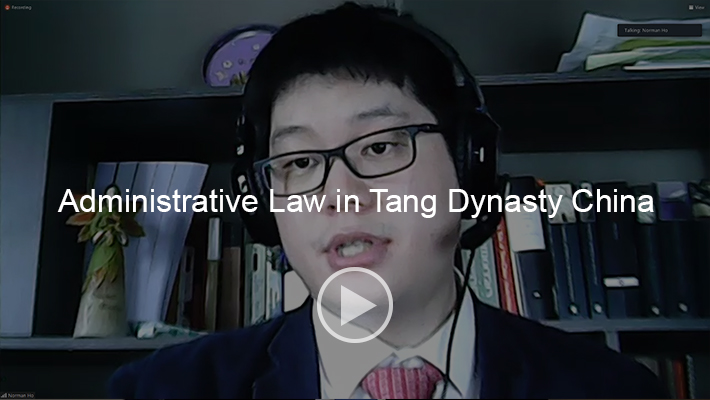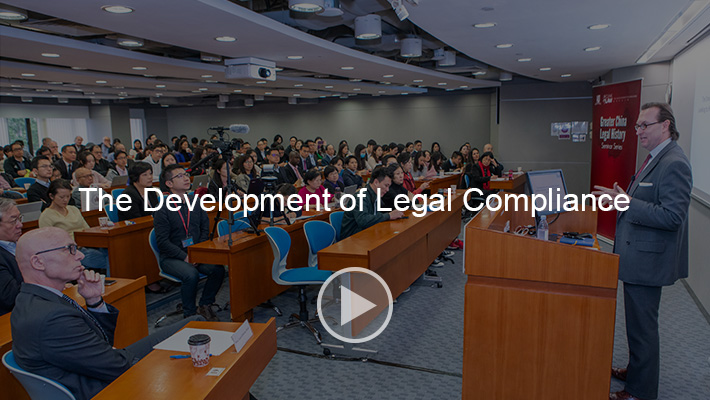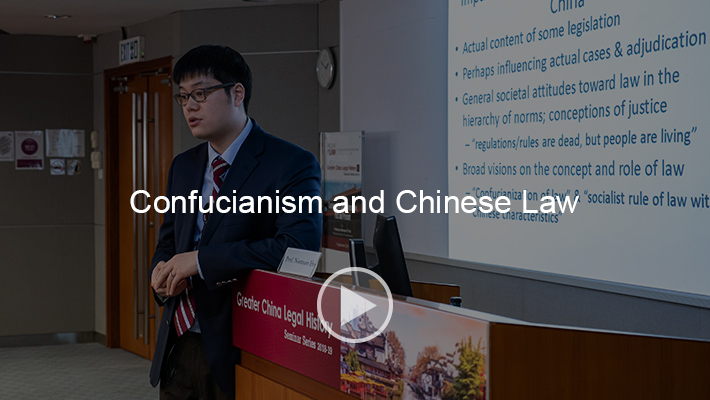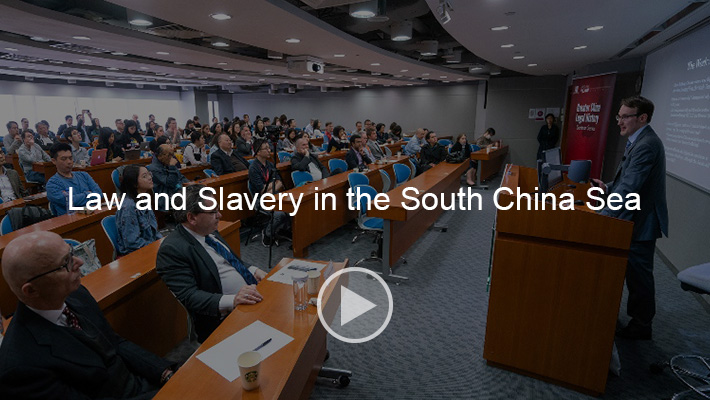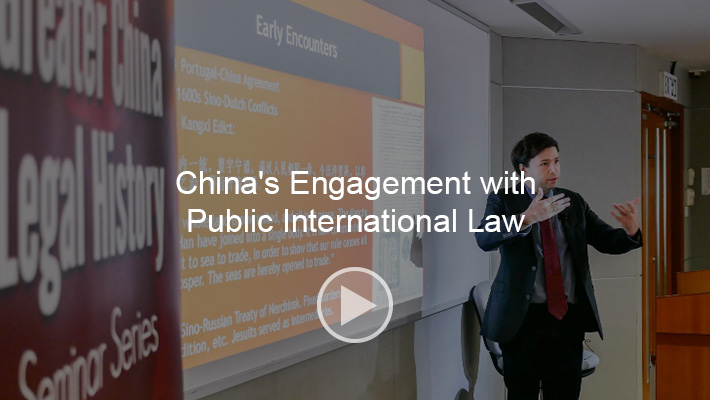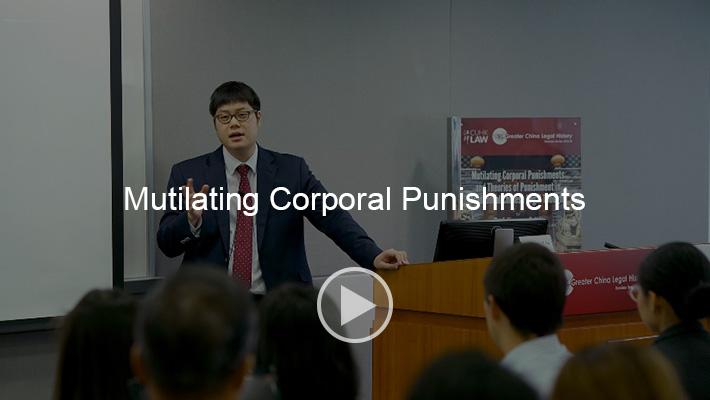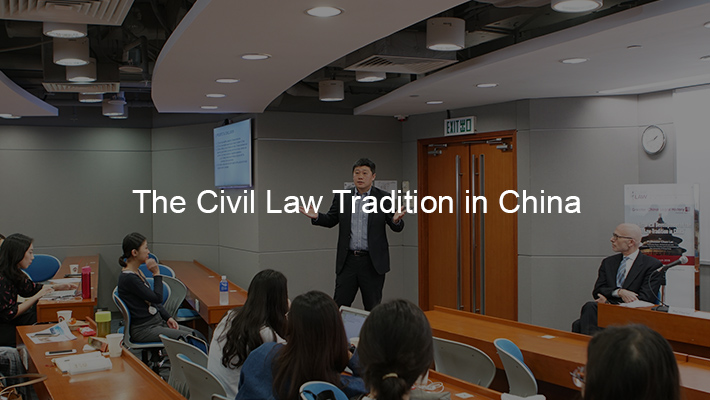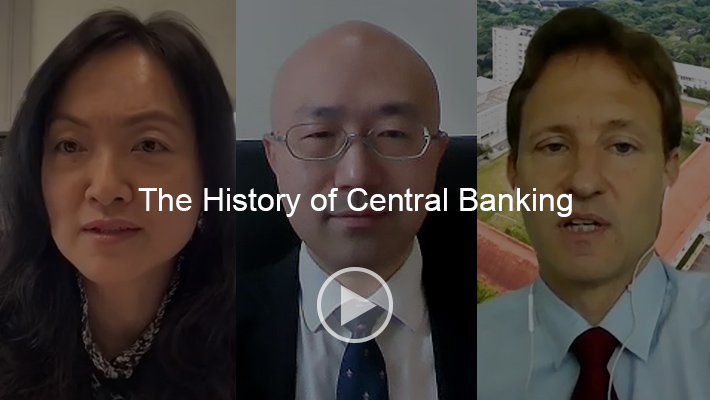
The History of Central Banking in Hong Kong, Mainland China and Singapore
Over the last decade or so, China’s Supreme People’s Court and the country’s political leaders have consistently rejected the idea of a “judicialized” Constitution, allowing individual litigation. At the same time, the government has also been more vocal and emphatic than ever before in endorsing the national Constitution’s practical and symbolic importance. Is it really possible to endorse “constitutionalism” without endorsing judicial review? If so, how?
Arguably, both Anglo-American liberalism and Marxism fail to provide a model for such an approach to constitutionalism—but other traditions, including German conservative state theory, have helped to fill the gap. In discussing the reception of this body of thought in China, this lecture will focus specifically on the role of Carl Schmitt, the controversial but still influential jurist who argued for Executive “dictatorship” after World War I, was a leading critic of liberalism, and later was disgraced after choosing to collaborate with the Nazi regime.
Although Schmitt’s political choices have made him an uncomfortable source of guidance in China as elsewhere, his unique and thorough arguments about public law and politics continue to provide him with global influence. From issues of territorial sovereignty to the balance between different institutions of government, Schmitt’s version of constitutionalism can help to explain various developments in modern China’s legal order, and even some similar trends worldwide.



